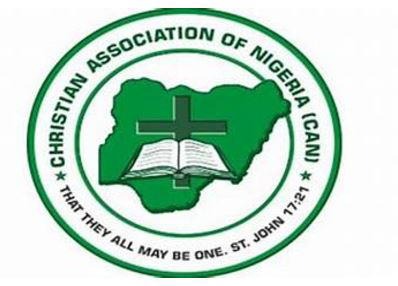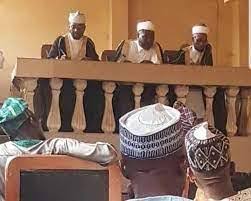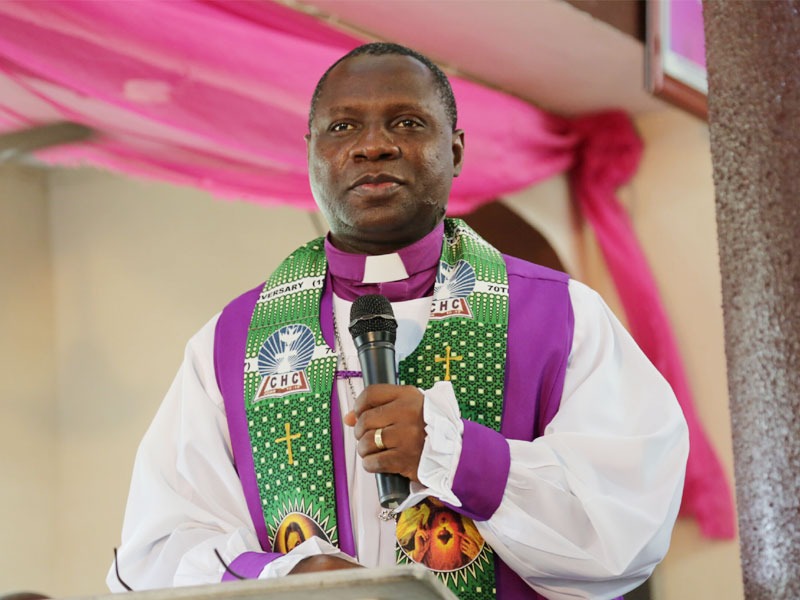ABUJA – As Christians around the world begin the Lenten season, the Christian Association of Nigeria (CAN) has called for prayers for the nation’s leaders, urging wisdom and compassion in governance. In a statement on Ash Wednesday, CAN highlighted the importance of reflection, unity, and sacrifice amid the country’s socio-economic and security challenges. The statement, …


